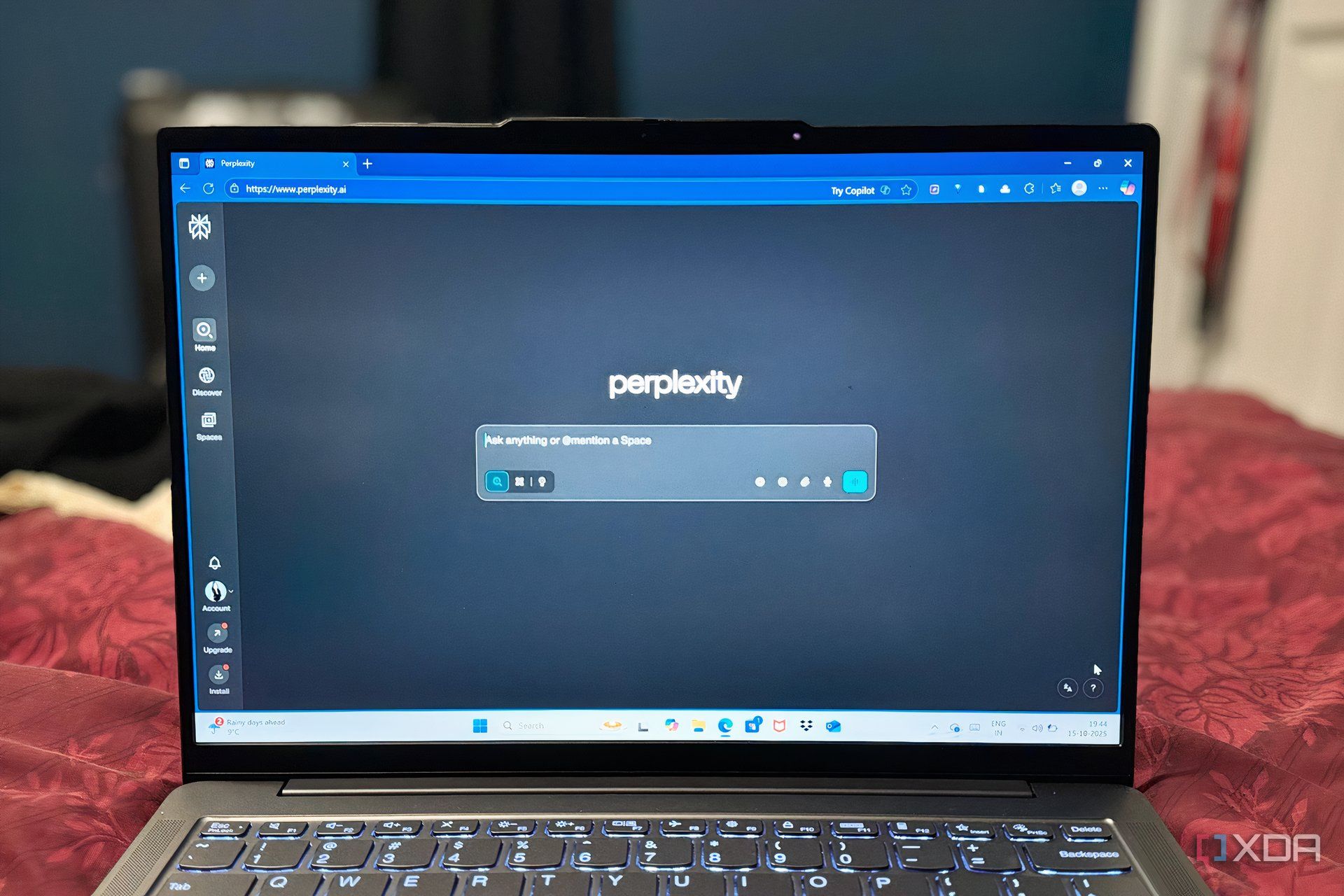Education
Perplexity Redefines Search: A Week of AI-Driven Discovery

The emergence of Perplexity as a new search engine is redefining how users approach online inquiries. Unlike traditional search engines, which simply direct users to a list of links, Perplexity aims to provide direct answers to questions. After a week of using Perplexity as a default search tool, it becomes clear that this AI-driven platform offers significant advantages while also revealing certain limitations.
Transforming the Search Experience
For years, the search experience has remained largely unchanged. Users would type a query, sift through numerous links, and compile information independently. Perplexity introduces a more conversational model, allowing for follow-up questions that maintain context. For instance, when searching for “best project management tools for remote teams,” users can seamlessly inquire about integrations, such as “which ones integrate with Notion?” Perplexity recalls the previous context, providing a tailored response immediately.
This contrasts sharply with Google’s method, which treats each follow-up as a new search. Microsoft Copilot, embedded within Edge, offers some contextual awareness but feels more like an added feature than a replacement for traditional search. Perplexity’s recent launch of the Comet browser promises to enhance this adaptive search capability even further.
Efficiency and Transparency in Research
Perplexity excels in reducing the mental load associated with research tasks. For example, when comparing VPN services like NordVPN and Mullvad, Perplexity provides a structured breakdown of features, benefits, and drawbacks. Each claim is backed by citations from credible sources, including privacy audits and technical reviews.
This upfront synthesis saves users from the tedious process of cross-referencing multiple articles, allowing them to verify claims directly within the response. Similarly, travel planning becomes more efficient; a search for “three-day itinerary for Kyoto in spring” results in organized suggestions without the clutter of SEO-optimized articles. When asked about accessibility via subway, Perplexity quickly filters relevant options, minimizing decision fatigue.
Despite these advantages, Perplexity does encounter challenges, especially with niche queries. When investigating whether Shopify automatically collects sales tax for international digital product sales, the response was found to be oversimplified. The sources cited did not adequately address the complexities of VAT or GST rules, which can vary significantly by region. In contrast, Google provided access to a detailed Shopify community thread and relevant European Commission documents, showcasing the depth of information that traditional search can offer.
The issue of paywalled content also presents a barrier. Perplexity often cites articles from publications like the New York Times without giving users access to the full text unless they pay for a subscription. This can create a false sense of accessibility, as users may assume the information is readily available when it is not. Google, on the other hand, clearly indicates when content is behind a paywall.
Finding Balance in Search Preferences
For highly specific queries, such as software documentation, Google’s extensive index proves irreplaceable. A search for “Claude API parameter streaming tokens” on Perplexity yielded a general overview, while Google returned the precise documentation link immediately. Similarly, while Perplexity provides thoughtful recommendations for products, it lacks integrated shopping features like price tracking and direct purchase links, which Google Shopping offers.
The introduction of AI-generated summaries by Google, while intended to enhance user experience, often feels redundant alongside traditional search results. Microsoft Copilot integrates seamlessly into Edge, but is confined to Microsoft’s ecosystem.
After a week of using Perplexity, the compelling advantages of this innovative search engine are apparent. The platform enhances the research experience by reducing time spent on information gathering and fostering a more conversational approach. Transparency around sources builds trust, allowing users to verify information efficiently.
However, Perplexity is not a one-size-fits-all solution. For specialized topics, purchasing decisions, and tasks reliant on broader ecosystem integration, Google remains the more effective option. Instead, Perplexity serves as a valuable complementary tool. It excels in exploratory research and context-heavy inquiries, while Google continues to provide precision and a comprehensive breadth of information.
As search technology evolves, Perplexity’s answer-first model demonstrates that competition can drive innovation and improve user experience. This shift could signal a new era in search, one that challenges the long-standing dominance of traditional search engines.
-

 Technology5 months ago
Technology5 months agoDiscover the Top 10 Calorie Counting Apps of 2025
-

 Health2 months ago
Health2 months agoBella Hadid Shares Health Update After Treatment for Lyme Disease
-

 Health3 months ago
Health3 months agoErin Bates Shares Recovery Update Following Sepsis Complications
-

 Technology4 months ago
Technology4 months agoDiscover How to Reverse Image Search Using ChatGPT Effortlessly
-

 Technology1 month ago
Technology1 month agoDiscover 2025’s Top GPUs for Exceptional 4K Gaming Performance
-

 Technology2 months ago
Technology2 months agoElectric Moto Influencer Surronster Arrested in Tijuana
-

 Technology5 months ago
Technology5 months agoMeta Initiates $60B AI Data Center Expansion, Starting in Ohio
-

 Technology5 months ago
Technology5 months agoRecovering a Suspended TikTok Account: A Step-by-Step Guide
-

 Health4 months ago
Health4 months agoTested: Rab Firewall Mountain Jacket Survives Harsh Conditions
-

 Lifestyle5 months ago
Lifestyle5 months agoBelton Family Reunites After Daughter Survives Hill Country Floods
-

 Technology4 months ago
Technology4 months agoHarmonic Launches AI Chatbot App to Transform Mathematical Reasoning
-

 Technology3 months ago
Technology3 months agoUncovering the Top Five Most Challenging Motorcycles to Ride





















